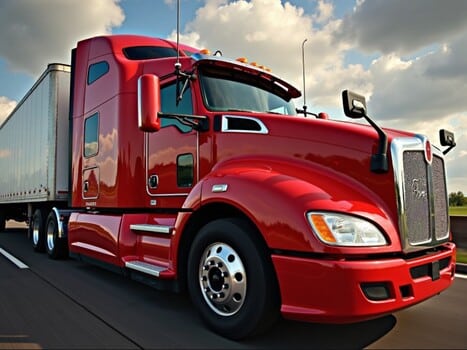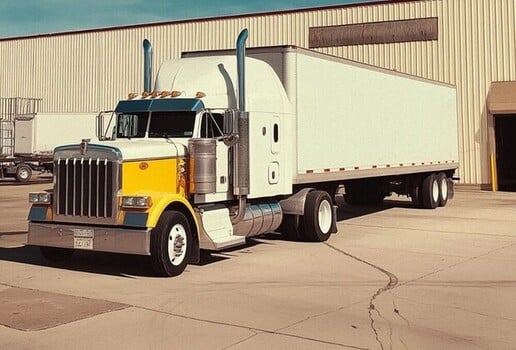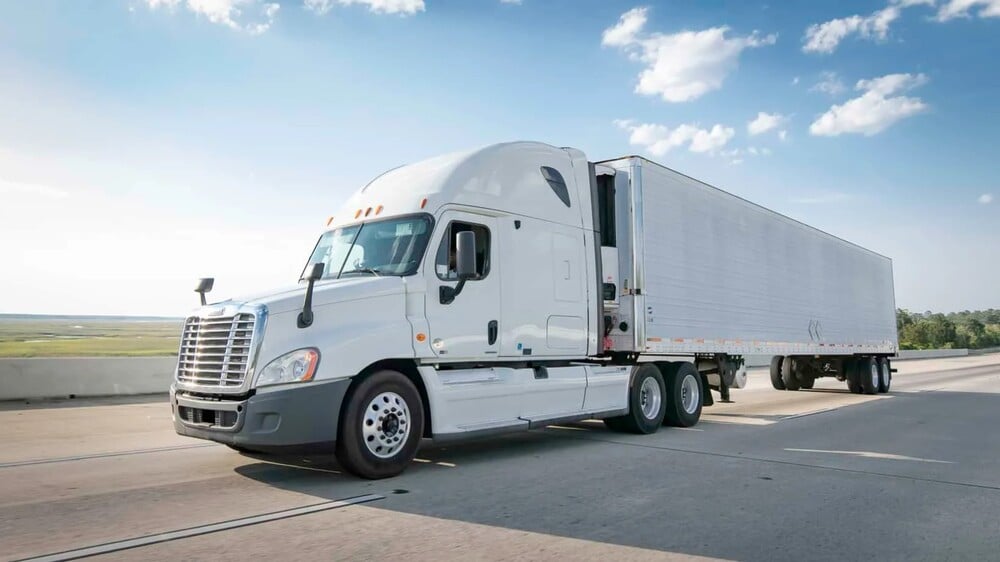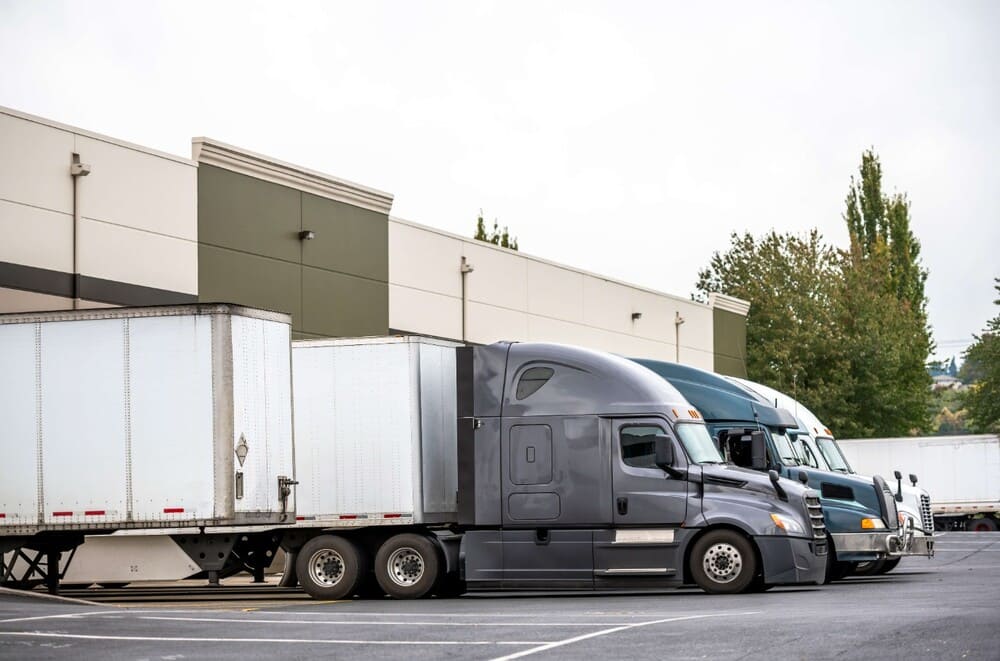
October 10, 2023

2937 Views

4 min read

January 23, 2024

4121 Views

5 min read
In trucking, margins are often slim, making efficiency and profitability crucial. Trucking business owners can use load boards and dispatchers to help with this. Each has unique qualities that can significantly impact operations. Choosing between dispatchers and load boards involves considering how each functions as an intermediary between shippers and trucking companies and which aligns better with your business needs.
Dispatchers oversee freight operations and provide coordination in the trucking industry for carriers and owner-operators. Dispatchers are tasked with finding and securing loads, negotiating terms with brokers, and organizing the logistics of dispatching drivers along planned routes.
Their role requires a high level of coordination skills, as they also handle administrative duties, such as checking driver logs and monitoring their working hours. Experienced dispatchers go further by aiding in regulatory compliance, managing operational delays, and enhancing relationships with shippers. For these services, dispatchers receive a cut of the earnings for each load they arrange.

A load board is an online platform connecting shippers, brokers, and carriers, facilitating the transportation of goods. It enables businesses and brokers to find carriers with the necessary trucks and drivers and allows carriers to find loads, negotiate rates, and maintain truck utilization. Users access these boards online to search or list loads. Carriers typically contact shippers directly to book loads.

Here are some of the advantages and challenges of using dispatchers:

Here are some of the advantages and challenges of using load boards:
Many logistics companies use a combination of dispatchers and load boards to optimize their operations. While dispatchers provide the personal touch and expertise, load boards offer many opportunities and flexibility. The balance between the two depends on the specific needs and capabilities of the logistics provider.
Load boards may offer a more cost-effective and flexible solution for smaller carriers or independent operators, especially for sporadic shipping needs. Conversely, larger companies with consistent, high-volume shipments might benefit more from the personalized services offered by dispatchers.
Client relationships are another critical factor. Businesses with long-term contracts or regular clients may find that dispatchers can offer a consistent and personalized service, fostering stronger and more reliable relationships. In contrast, while efficient, load boards may not provide the same level of personal interaction, which could be a significant consideration for companies prioritizing customer service and long-term partnerships.
Technology has enhanced both dispatching and load boards in recent years. Dispatch software provides tools for managing drivers, trucks, loads, and invoicing. Load board technology offers carriers mobile apps, load tracking, and integrated documentation.

Other tech advances include:
Dispatchers and load boards facilitate getting loads covered in the trucking world. Dispatchers provide personalized service and coaching, while load boards offer on-demand load searching and booking. Optimizing outcomes often involves finding the right balance between the two and using technological improvements. Truckers can advance their business goals on the open road with the right combination of resources.
Test